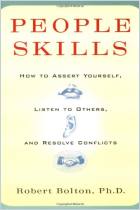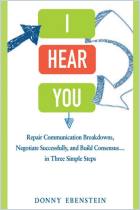
Nonviolent Communication
A Language of Life
Recommendation
Psychologist Marshall B. Rosenberg explains how to express your needs and feelings in ways that promote respectful, empathic interpersonal connections. He’s not writing primarily about conflict resolution or mediation, though you can apply his system of “Nonviolent or Compassionate Communication” (NVC) in those areas. Instead, he addresses “compassionate communication.” Rosenberg’s updated manual – this is the third edition – offers new communication-related behaviors you can apply productively. Note that using this system requires embracing a theoretical framework about human needs and emotions that Rosenberg could have explained more completely and you’ll have to work through some jargon, albeit kind and purposeful. getAbstract recommends this compassionate method to businesspeople seeking clearer communication and those interested in mindfulness, relationships and personal growth.
Summary
About the Author
Psychologist Marshall B. Rosenberg, PhD, is the former director of educational services for the Center for Nonviolent Communication. He has written 15 books, including The Surprising Purpose of Anger; Beyond Anger Management: Finding the Gift and Being Me, Loving You: A Practical Guide to Extraordinary Relationships.






















Comment on this summary or Démarrer une discussion